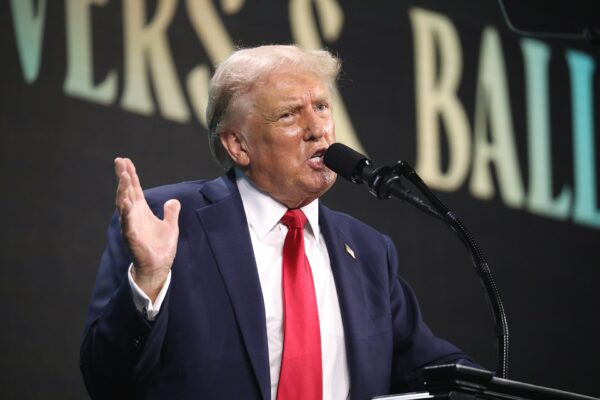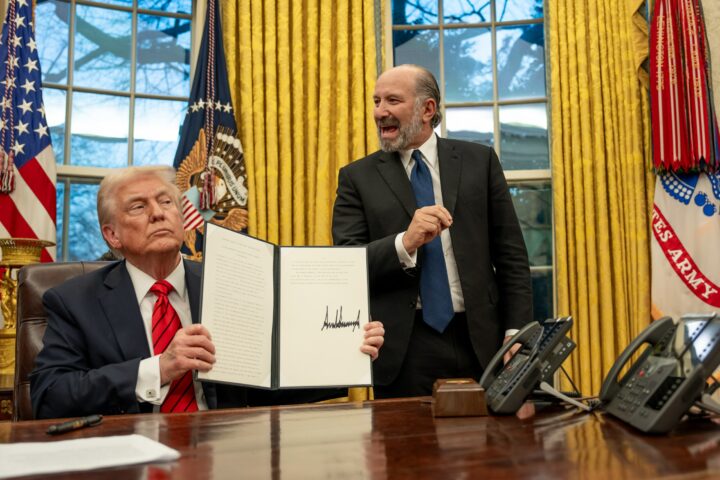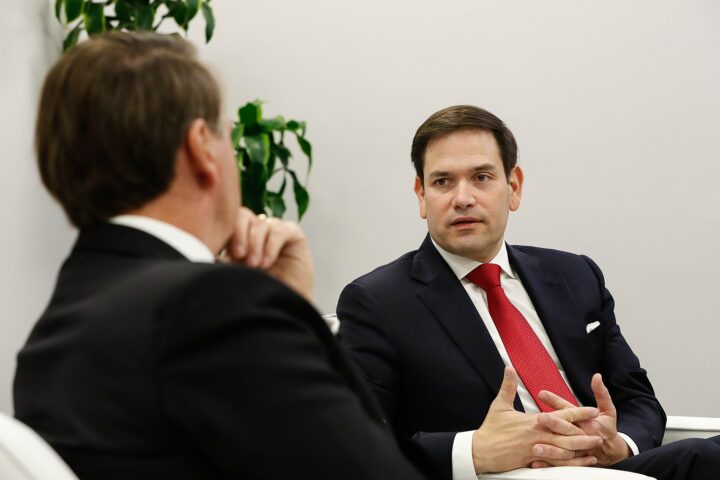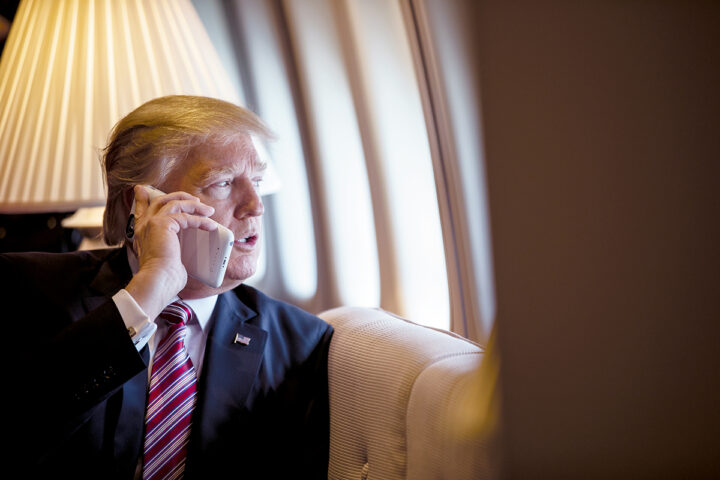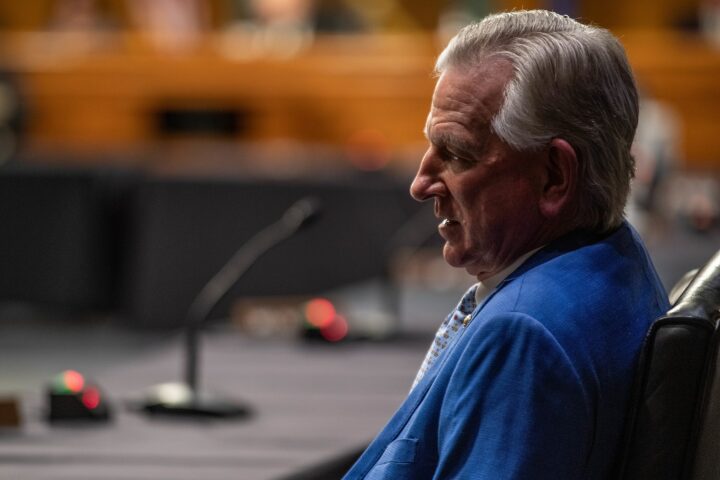In a recent high-profile conversation, President Donald Trump expressed his discontent with Apple CEO Tim Cook regarding the company’s plans to expand operations in India.
Speaking to reporters during a visit to Qatar, Trump described the call as a confrontation over Apple’s strategies and their implications for American jobs.
Trump recounted the discussion, stating, “I had a little problem with Tim Cook yesterday.”
He conveyed his frustration about Apple’s decision to enhance its manufacturing presence in India, urging Cook to reconsider and focus on bringing jobs back to the United States instead. “I said to him: ‘Tim, you’re my friend. I treated you very good. But now I hear you’re building all over India. I don’t want you building in India,’” Trump asserted.
The president highlighted the challenges American companies face when dealing with India’s high tariffs, which he claimed hinder U.S. exports.
“India is one of the highest tariff nations in the world, it’s very hard to sell into India,” Trump remarked.
He indicated that the Indian government had offered significant concessions, including a potential reduction in tariffs, but he maintained that Apple should prioritize domestic manufacturing.
Despite the pressure from Trump, Cook reportedly indicated that Apple would increase its domestic operations, a move that aligns with the company’s broader strategy to diversify its supply chain away from China.
Underlining the stakes, Trump said, “We’ve treated you really good. We put up with all the plants that you built in China for years. Now you got to build us.”
Apple’s production in India has surged, with the company ramping up its output of iPhones by nearly 60% year over year, reaching an impressive $22 billion.
This expansion reflects Apple’s efforts to mitigate risks associated with its heavy reliance on Chinese manufacturing, especially following the disruptions caused by the COVID-19 pandemic and geopolitical tensions.
However, Trump’s direct intervention into Apple’s business decisions illustrates his ongoing commitment to reshaping American manufacturing policies.
As he continues to build his case for prioritizing domestic production, his comments also signal a broader critique of international trade practices that he believes disadvantage American workers.
While Trump acknowledged the potential for tariff reductions in negotiations, his insistence on bringing production back to the U.S. resonates with a significant segment of the American electorate that prioritizes job creation and economic stability at home.
The outcome of this dialogue between Trump and Cook may have lasting implications for both Apple’s global strategy and the future of American manufacturing.
As discussions around trade and manufacturing continue to evolve, the pressure on corporations like Apple to balance global ambitions with domestic responsibilities remains a critical issue in the political landscape.
The interplay between corporate strategies and governmental expectations will likely shape the narrative as the U.S. navigates its economic recovery in the post-pandemic world.
[READ MORE: Dems Back Off Impeachment]

